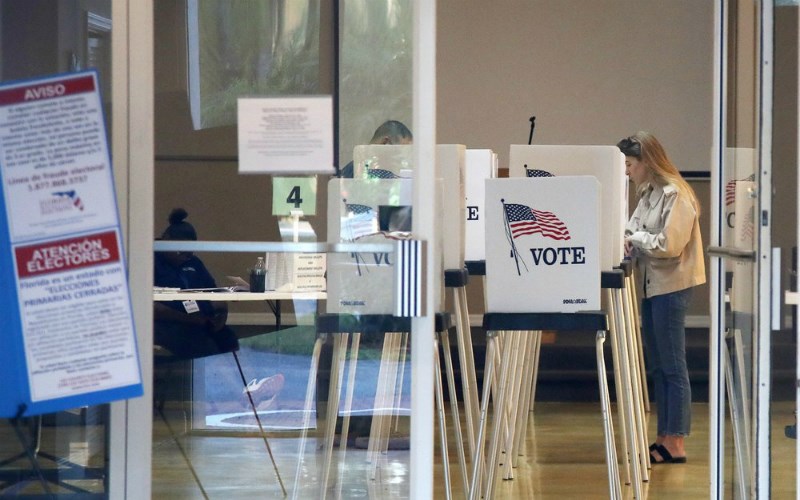Last fall, the DC City Council approved a measure that allowed non-citizens the right to vote in local elections in the nation's capital. The Federation for American Immigration Reform (FAIR) has described the council's action as "the next and most damaging steps in an ongoing effort to erase any distinction between American citizens and non-citizens." But last week, the GOP-led House – on a 260-162 vote – overturned the measure.*
Ira Mehlman, media director for FAIR, explains that under the city council's measure, individuals who are in the country illegally – and even personnel at foreign embassies who have lived in the District of Columbia for more than 30 days – would be permitted to vote in local elections.

"[That was] so outrageous that even 42 Democratic members of the House of Representatives joined in supporting this resolution," he notes.
But Mehlman points out it still has to go through the Senate, where Republican Senator Tom Cotton (Arkansas) has introduced a companion measure.
"Whether [Cotton's bill] can get the 60 votes necessary there remains to be seen," observes the FAIR spokesman. "[Senate Majority Leader] Chuck Schumer does have some vulnerable Democrats who are up in 2024 – and he may allow some of them to vote in favor of this resolution."
Still, he adds, Schumer may not allow it to reach the 60-vote threshold – and even if it did pass the Senate, Mehlman isn't sure if the president would sign it.
* Under the District of Columbia Home Rule government, Congress reviews all legislation passed by the DC City Council before it can become law – but disapproval of any legislation must pass both chambers of Congress and be signed by the president.







